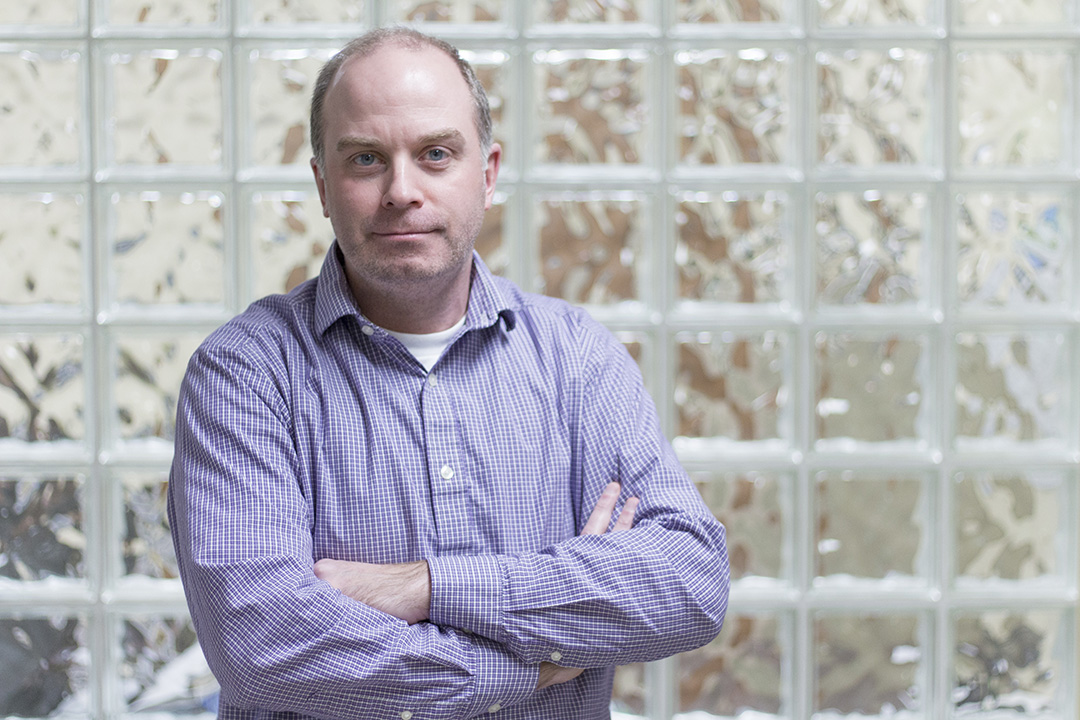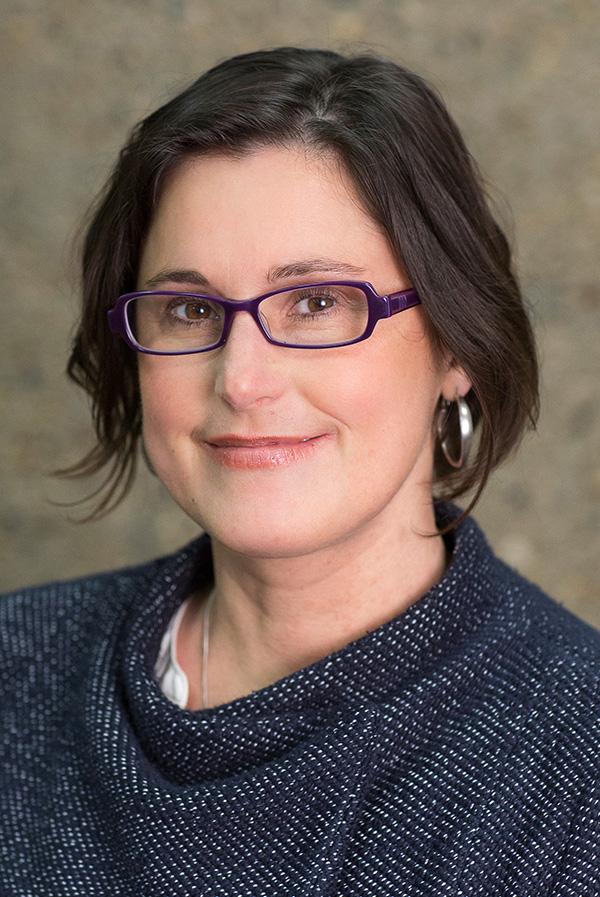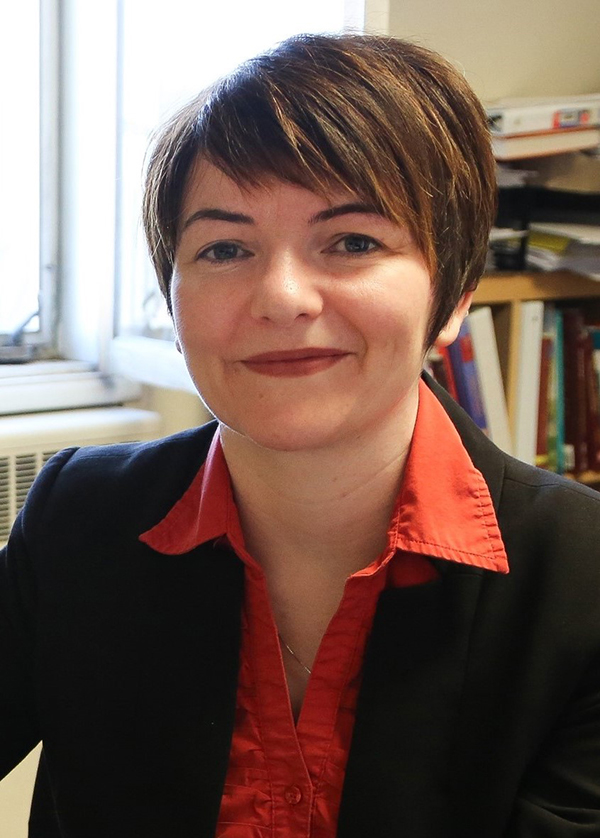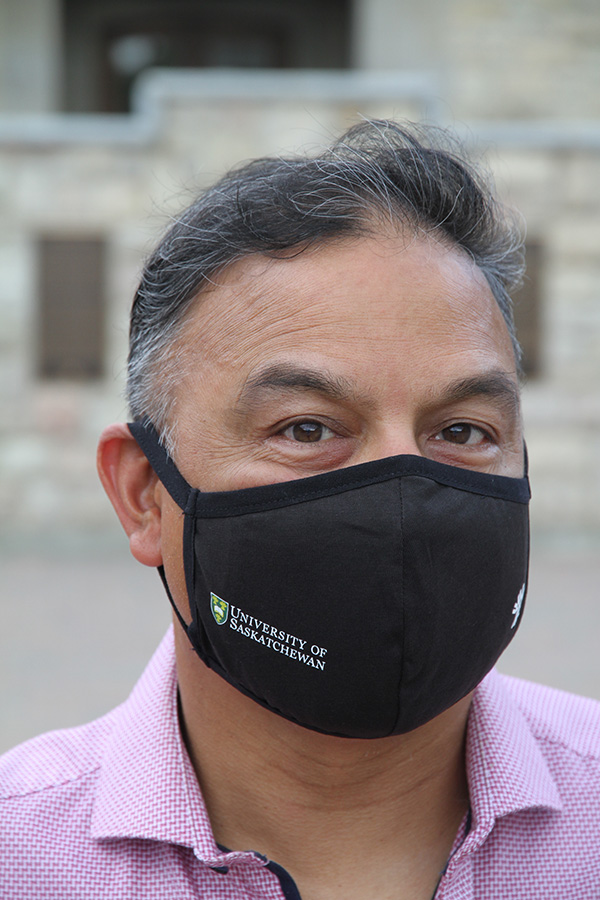
The social significance of the global pandemic
When COVID-19 came to Canada, researchers knew its implications would go far beyond the direct effects of the virus.
By CHRIS PUTNAM“There are so many other unintended impacts and consequences of COVID-19 that need to be explored, understood and disseminated. What are the shifts and trends in human behaviour that largely impact how the disease spreads and grows or abates?” said Jason Disano, director of the Canadian Hub for Applied and Social Research (CHASR) at the University of Saskatchewan (USask).
CHASR—formerly known as the Social Sciences Research Laboratories—is a research support and consulting service based in USask’s College of Arts and Science. Since the start of the pandemic, CHASR has assisted with 14 research projects exploring the social, psychological, economic, political and health implications of COVID-19.
“This type of research plays a significant role in augmenting our understanding of how we move forward as a society and live with and control COVID-19,” said Disano, whose clients include academic researchers, government agencies and non-profit organizations across Canada.
COVID and school lunches

Prior to the pandemic, Dr. Rachel Engler-Stringer (PhD), an associate professor of community health and epidemiology in the USask College of Medicine, had already been working with CHASR on a series of projects concerning lunch programs in schools.
When schools began closing due to COVID-19, Engler-Stringer’s team quickly pivoted to assessing how lunch programs were being affected by the pandemic. With help from CHASR, they surveyed lunch program providers across Canada between May and September. The researchers found that many programs continued to operate in a modified form, often by providing boxed meals to families with schoolchildren.
“So they shifted from feeding the individual children to supporting some of the food needs of the families,” said Engler-Stringer.
In some regions, the programs formed new partnerships with local farmers and out-of-work chefs to provide high-quality food.
The research is timely because of the Government of Canada’s pledge in 2019 to develop a Canada-wide school food program.
“There is a lot of interest in what these school food programs could look like should they become something that’s national. Some of this very rapid innovation has the potential to inform what could become a national school food program for Canada,” said Engler-Stringer.
Support for caregivers

Dr. Paulette Hunter (PhD), an associate professor of psychology at St. Thomas More College, is co-principal investigator on a study examining the pandemic’s effect on health-care workers in Saskatchewan.
“The pandemic has taken an enormous toll on patients, families and health-care providers in long-term care homes and hospitals across the world. We are forced to learn as we go, and it is important to listen carefully to the voices of these three groups as we continue to refine the health system response,” Hunter said.
Hunter’s team worked with CHASR to deploy an online survey asking health-care providers about their feelings and perceptions as they work through the pandemic and potentially cope with the loss of patients. Their findings will be reported quarterly to partners in the health system to help develop better practices and supports for health-care providers.
Assessing risk through data

The spread of a virus is driven by human behaviour, and controlling the spread requires an understanding of that behaviour. Early in the pandemic, Dr. Nazeem Muhajarine (PhD) and his team in the Saskatchewan Population Health and Evaluation Research Unit (SPHERU) identified a problem.
“We had no data to guide us. Certainly no data directly from people who would tell us what they think, how they act, where they go,” said Muhajarine, a professor of community health and epidemiology in the College of Medicine.
SPHERU’s Social Contours and COVID-19 project has helped fill that gap. From May through September, the study collected more than 5,000 online survey responses from Saskatchewan residents.
Muhajarine saw some troubling trends. Over time, behaviours that raised the risk of exposure to the virus became more common, while most mitigating behaviours decreased.
These results were reported regularly to public health officials. Muhajarine said that as community spread increases, he would like to see officials taking more targeted measures driven by data, such as warning the public of “hot zones” with elevated COVID-19 risk.
The recently announced mask-wearing mandate for some of Saskatchewan’s major cities is a “step in the right direction,” Muhajarine said. “We need now to adhere to this. Public health leaders and political leaders need to lead with the appropriate messaging.”
National hub

CHASR helped SPHERU with running its survey and recruiting respondents.
“We went to CHASR because it is in our backyard and (because), frankly, they’re very competent,” said Muhajarine. “They are a trusted, established organization for a survey like this.”
CHASR has seen a growing number of inquiries about its services since it relaunched as a national research support hub in September. Disano said the facility is eager to assist researchers across Canada, whether it’s with work related to COVID-19 or with the countless other topics that benefit from social and applied research methods.
“We’re very well-positioned to provide that kind of research support,” said Disano.
Article re-posted on Nov 13.
View original article.
